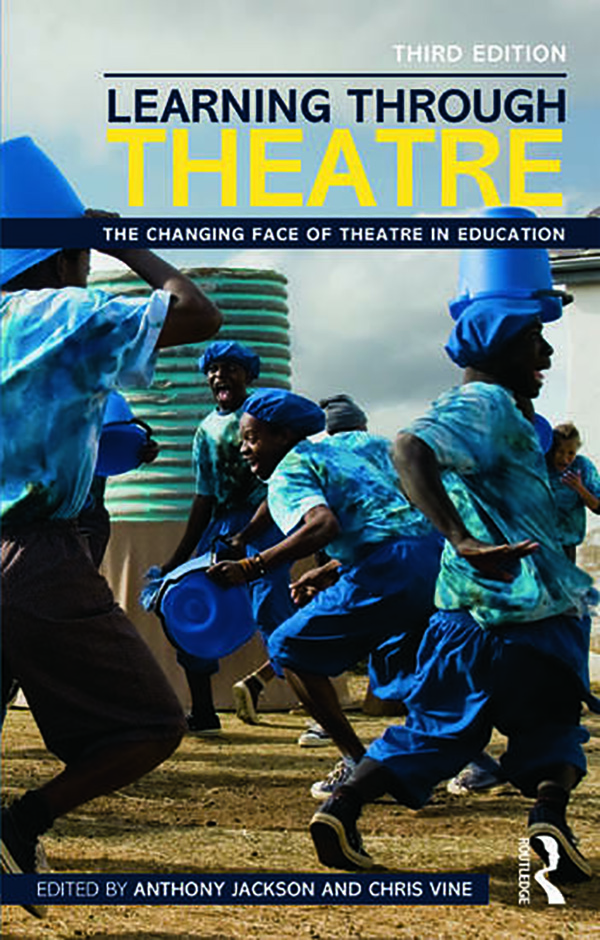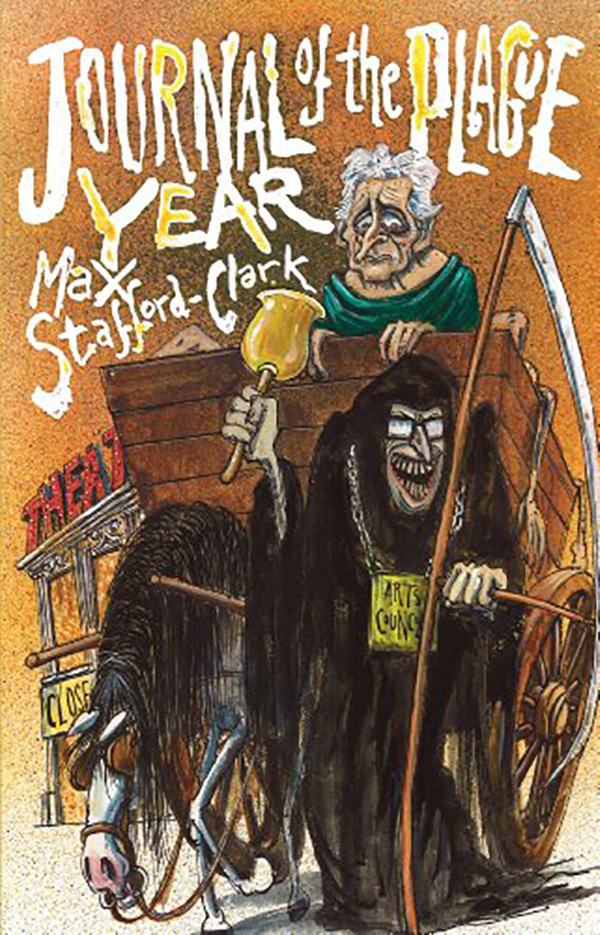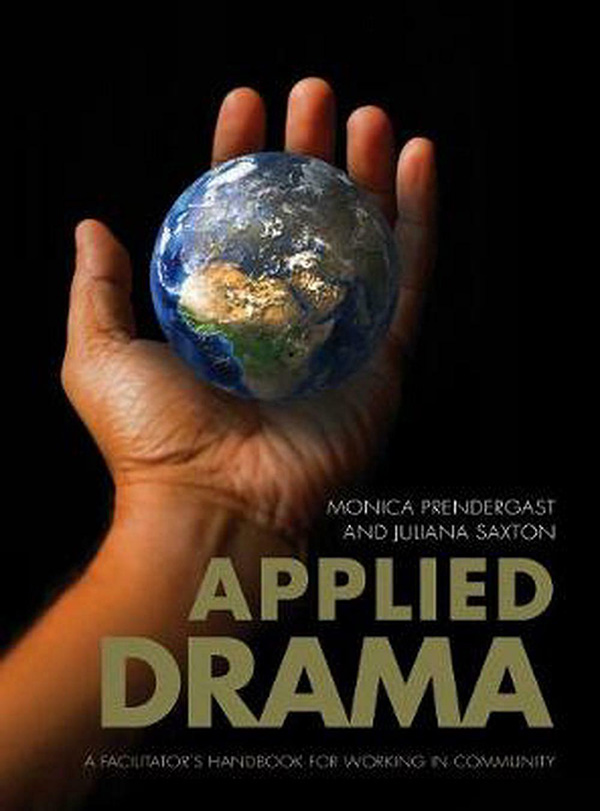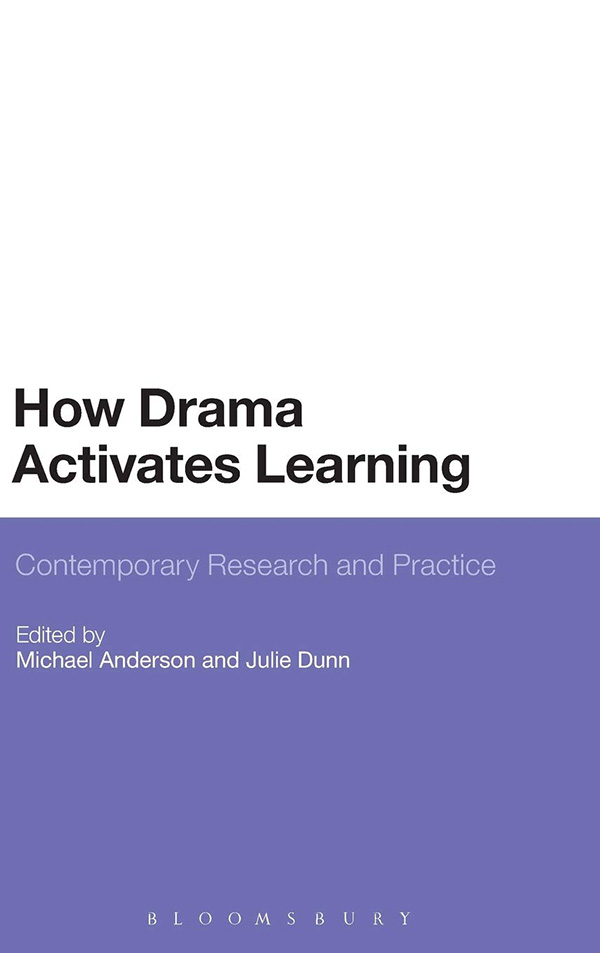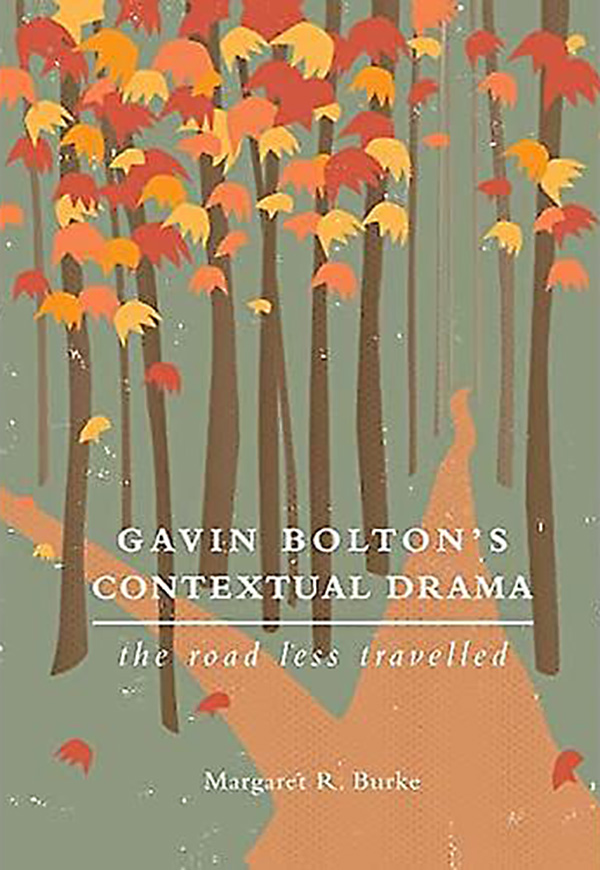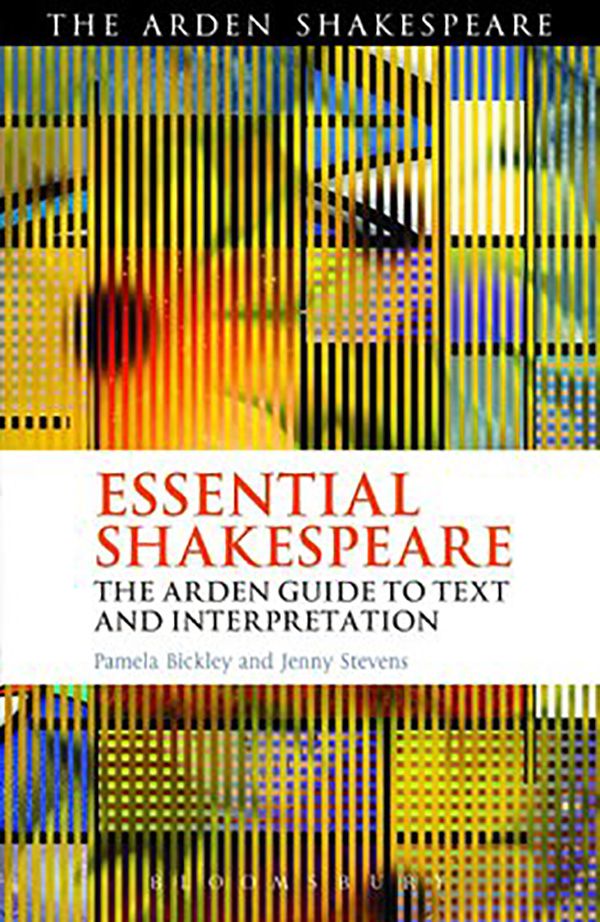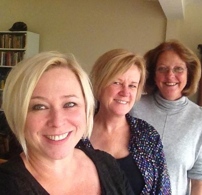Learning Through Theatre: The Changing Face of Theatre in Education (Third Edition)
In the two decades since the publication of the second edition, Learning Through Theatre has further established itself as an indispensable resource for scholars, practitioners and educators interested in the complex interrelations between teaching and learning, the performing arts, and society at large. Theatre in Education (TIE) has consistently been at the cutting edge of the ever-growing field of Applied Theatre; this comprehensively revised new edition makes an international case for why, and how, it will continue to shape ways in which the participatory arts contribute to the learning of young people (and increasingly, adults) in the 21st century.

